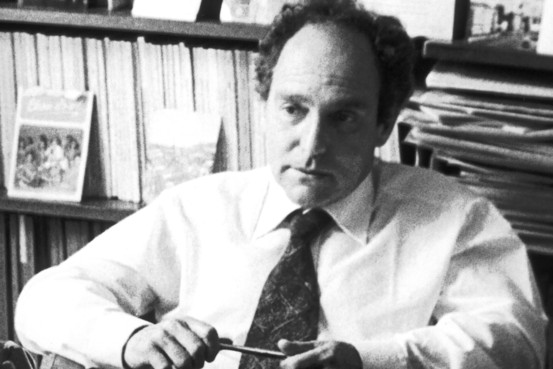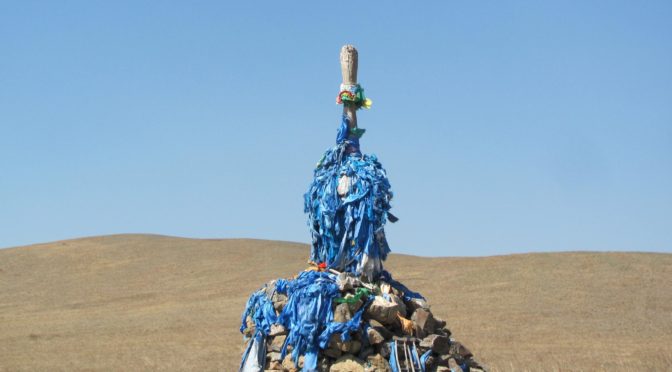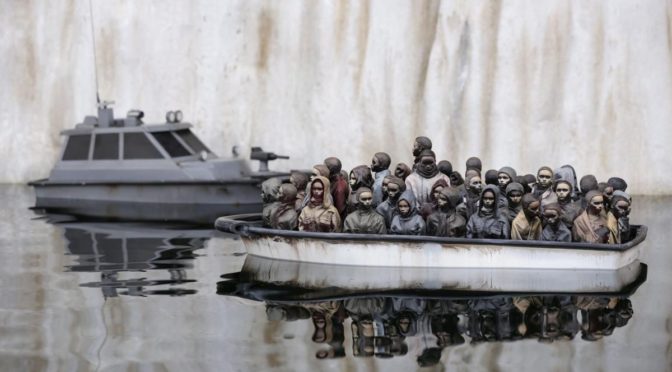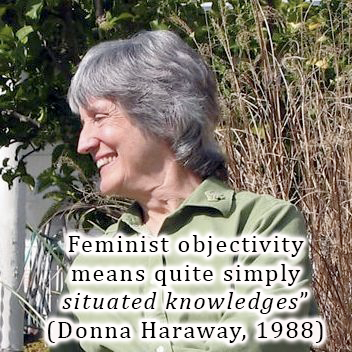CEFRES is glad to contribute to the international conference
Ernest Gellner Legacy and Social Theory Today,
organized by the Czech Association for Social Anthropology (CASA)
When: May 6th, 7th and 8th, 2021 from 2 p.m. to 6 p.m. (CEST)
Where: CEFRES and online
Organising committee: Nikola Balaš, Jérôme Heurtaux, Petr Skalník, Daniel Sosna, Zdeněk Uherek
Main organizer: Petr Skalník
This conference is supported by the Open Society Policy Center (Open Society Foundations).
Does Ernest Gellner remain an inspiration for 21st century social theory?
A quarter of century after his death in 1995, is the British-Czech anthropologist still a reference for those dealing with such different topics as modernity, neo-nationalism and populism in Europe, migratory pressure from Africa and Middle East on Europe, revolutions and civil wars in Arab countries, Islamic terrorism, the historical ascent of Asia, the crisis of European unity, post-communist illiberalism, Russian post-Soviet nostalgia or with any other topics which Gellner paid attention to?
Leading Ernest Gellner scholars will come together for three days to discuss Ernest Gellner’s strengths and tools for thinking about our contemporary world.
Program
Thursday May 6, 2021 at 2 p.m.
Chair: Daniel Sosna
Opening
2 p.m.–2.05 p.m. Martin Heřmanský (Past President, Czech Association for Social Anthropology)
2.05 p.m.–2.10 p.m. Jérôme Heurtaux (Director, French Research Center in Humanities and Social Sciences)
2.10 p.m.–2.15 p.m. Petr Skalník (Main organiser, Czech Association for Social Anthropology)
Papers and Comments
2.15 p.m.–2.35 p.m. David Shankland: Gellner: Right and Wrong
Discussant: Lale Yalçın-Heckmann
2.35 p.m.–2.55 p.m. Johann Arnason: Gellner and the Habsburg, Window on Modernity
Discussant: Christopher Hann
2.55 p.m–3:15 p.m. Daniele Conversi: Gellner in the Anthropocene. Modernity, Nationalism and Climate Change
Discussant: Thomas Hylland Eriksen
3:15 p.m.–3:30 p.m. Break
3:30 p.m.–3.50 p.m. Ian Jarvie: The Persistence of the Individualism Debate Today
Discussant: David Gellner
3.50 p.m.–4.10 p.m. Alan Macfarlane: Ernest Gellner and the Limits of Understanding
Discussants: Adam Horálek and Richard Marshall
4.10 p.m.–4.30 p.m. Adam Horálek: Nation Building in Aging Taiwan: Gellnerian Perspective
Discussant: Alan Macfarlane
4.30 p.m.–5.00 p.m. Discussion
Main discussant: Aleksandar Bošković
General discussion
Friday May 7, 2021 at 2 p.m.
Chair: Thomas Hylland Eriksen
Papers and Comments
2 p.m.–2:20 p.m. David Gellner: Ernest Gellner and Populism
Discussant: Mihály Sárkány
2:20 p.m.–2:40 p.m. Grażyna Kubica: Gellner’s Theory of Nationalism and the Study of Silesianess
Discussant: Marcin Brocki
2:40 p.m.–3:00 p.m. Guido Franzinetti: Gellner and the Historians
Discussant: David Shankland
3:00 p.m.–3:20 p.m. Chris Hann: Conditions of Liberty Revisited: The Bitter Consequences of Sweet Commerce and Liberal Utopias
Discussant: Johann Arnason
15:20-15:35 Break
3:35 p.m.–3:55 p.m. Ralph Schroeder: The Ghost in the Machine: Gellner and Beyond with Data-Driven and Formalized Social Theory
Discussant: Siniša Malešević
3:55 p.m.–4:15 p.m. Vytis Čiubrinskas: Politics of Ethnification: Political Subjectivity of Nation-States vis-à-vis Polish Minority in Eastern Europe
Discussant: Zdeněk Uherek
4:15 p.m–4:35 p.m. Zdeněk Uherek: Conceptualizations of Nations and Nationalisms and their Developments: The Czech Reflection
Discussant: Vytis Čiubrinskas
4:35 p.m.–5:00 p.m. Discussion
Main discussant: Nikola Balaš
General discussion
Saturday May 8, 2021 at 2 p.m.
Chair: David Shankland
Papers and Comments
2 p.m.–2:20 p.m. Thomas Hylland Eriksen: Postcolonialism as a Possibility: A Dialogue that Never Happened
Discussant: Grażyna Kubica
2:20 p.m.–2:40 p.m. Siniša Malešević: War and Group Solidarity: From Ibn Khaldun to Ernest Gellner and Beyond
Discussant: Guido Franzinetti
2:40 p.m.–3:00 p.m. Nikolay Kradin: Ernest Gellner and Debates about World History Periodization
Discussant: Anatoly Khazanov
3:00 p.m.–3:20 p.m. Anatoly Khazanov: After Ernest Gellner: Nationalism and Nation-States Today
Discussant: John Hall
3:20 p.m.–3:35 p.m. Break
3:35 p.m.-3.55 p.m. Andre Gingrich : The Importance of Reading Ernest: Historical Methodologies as Hidden Resources for Anthropology
Discussant: 4.35 p.m : Daniele Conversi
3.55 p.m.-4.15 p.m. John Hall: The Philosopher of Anthropology: Ernest Gellner (1925-1995)
Discussant: Ian Jarvie
4.15 p.m.-4.35 p.m. Lahouari Addi: L’islam, Platon et le protestantisme : Gellner et la société maghrébine
Andre Gingrich will introduce Lahouari Addi´s paper and comment on it as well
4.35 p.m.-5.00 p.m. Discussion
Main discussant: Petr Skalník
General discussion
Closing
The first session of the conference (May 6) will be streamed on CEFRES Facebook page.
List of Participants
- Lahouari Addi (Professor Emeritus, Sciences Po Lyon, Visiting Researcher at Georgetown University)
- Johann Arnason (Professor Emeritus, La Trobe University)
- Nikola Balaš (Board member, Czech Association for Social Anthropology)
- Aleksandar Bošković (Professor of Anthropology, University of Belgrade)
- Marcin Brocki (Associate Professor, Institute of Ethnology, Jagiellonian University)
- Vytis Čiubrinskas (Professor of Social Anthropology, Vytautas Magnus University)
- Daniele Conversi (Research Professor at the University of the Basque Country)
- Thomas Hylland Eriksen (Professor of Social Anthropology, University of Oslo)
- Guido Franzinetti (Lecturer, Department of Humanistic Studies,
University of Eastern Piedmont) - David Gellner (Professor of Social Anthropology, University of Oxford)
- Andre Gingrich (Founding Director, Institute for Social Anthropology, Austrian Academy of Sciences)
- John Hall (Emeritus James McGill Professor of Comparative Historical Sociology)
- Chris Hann (Director, Max Planck Institute for Social Anthropology)
- Martin Heřmanský (Past President, Czech Association for Social Anthropology)
- Jérôme Heurtaux (Director, French Center for Research in Humanities and Social Sciences)
- Adam Horálek (Head, Department of Social and Cultural Anthropology, University of Pardubice)
- Ian Jarvie (Professor Emeritus, Department of Philosophy, York University)
- Anatoly Khazanov (Ernest Gellner Professor of Anthropology (Emeritus), University of Wisconsin)
- Nikolay Kradin (Director, Institute of History, Archaeology and Ethnography, Far Eastern Branch of Russian Academy of Sciences)
- Wolfgang Kraus (Professor, Department of Social and Cultural Anthropology, University of Vienna)
- Grażyna Kubica-Heller (Associate Professor, Social Anthropology Section, Institute of Sociology, Jagiellonian University)
- Adam Kuper (Professor Emeritus, Brunel University)
- Alan Macfarlane (Professor Emeritus, Social Anthropology, University of Cambridge)
- Siniša Malešević (Professor of Sociology, School of Sociology, University College Dublin)
- Richard Marshall (Editor of 3:16am, on line magazine of philosophy, art and culture)
- Mihály Sárkány (Senior honoris causa, Institute of Ethnology, Research Centre for the Humanities, Hungarian Academy of Sciences)
- Ralph Schroeder (Professor of Social Science of the Internet, Oxford Internet Institute, University of Oxford)
- David Shankland (Director, Royal Anthropological Institute)
- Petr Skalník (Main organiser, founding member of the Czech Association for Social Anthropology)
- Daniel Sosna (Senior Researcher, Institute of Ethnology, Academy of Sciences of the Czech Republic)
- Zdeněk Uherek (Director, Institute of Sociological Studies, Charles University)
- Lale Yalçın-Heckmann (Professor Max Planck Institute for Social Anthropology)
Informations : cefres@cefres.cz






